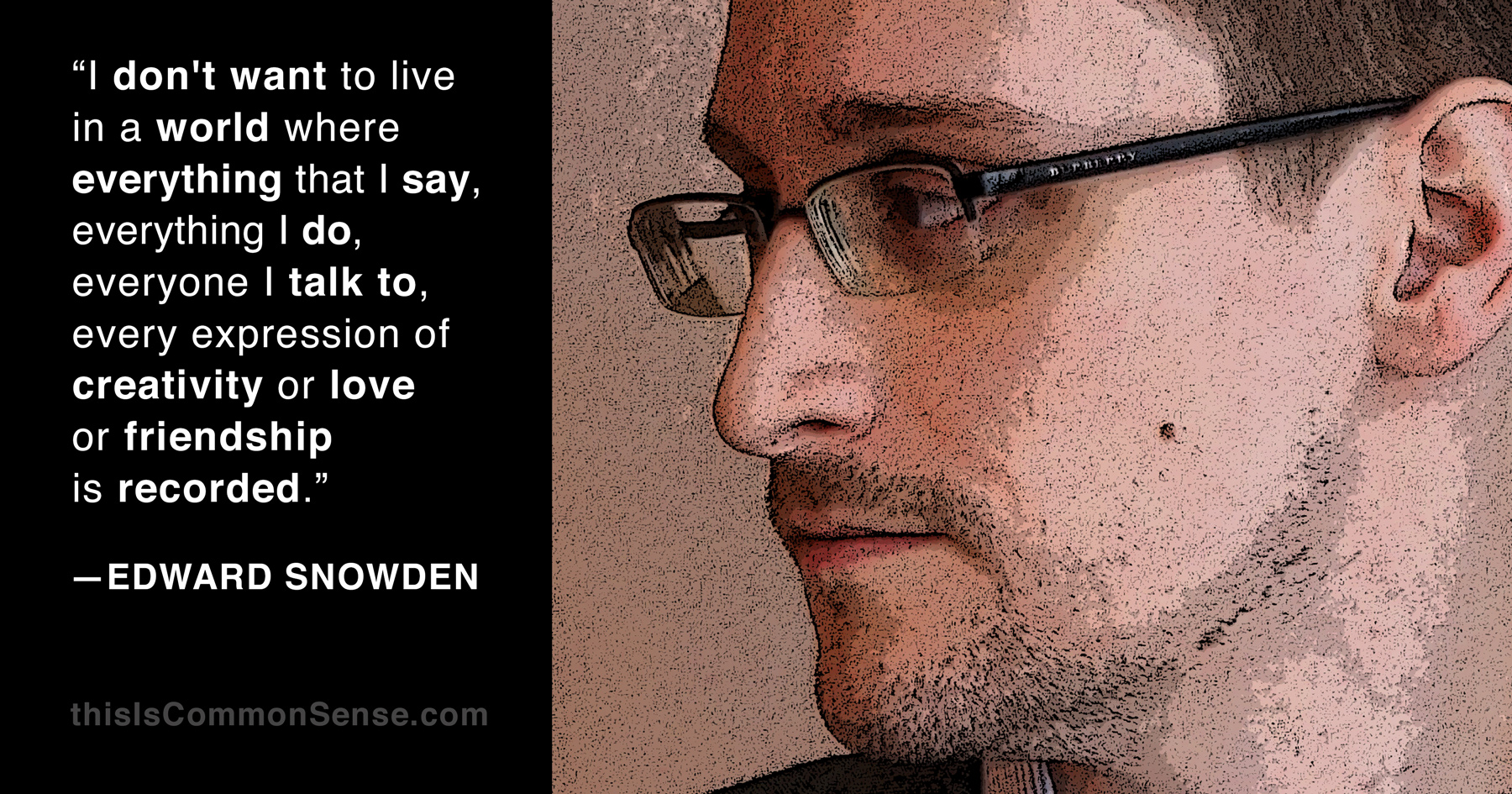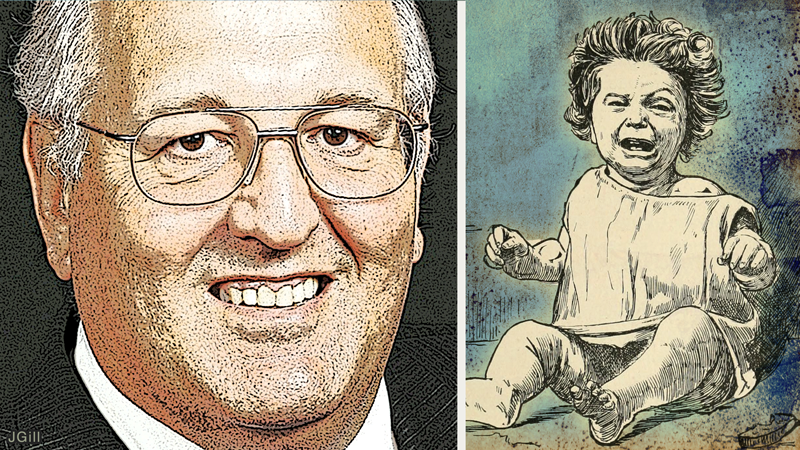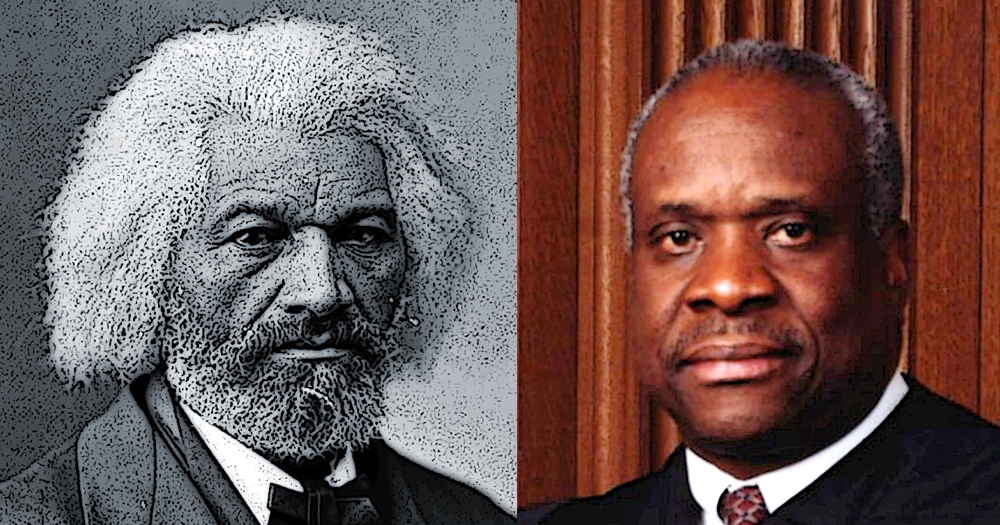I didn’t really want to talk about Kim Davis, County Clerk of Rowan County, Kentucky, who refused to issue marriage licenses to same-sex couples. Last week, she got put in jail for not doing her job; this week, she got released.
Generally, I’m for people doing their jobs. Especially, those in government.
However, when they are instructed to do something destructive, I’d prefer they refrain. Unfortunately, government workers too often select the wrong things not to enforce. I could use a lot more “blue flu” over Drug War efforts, or stealing our property through civil forfeiture, or shooting pet dogs.
No such luck, usually.
Recently, a 17-year-old boy was charged, as an adult, for child pornography. But the “child porn” was a naked picture of his own body on his very own cell phone. A law designed to protect him from sexual exploitation was turned against him, making him a “sexual predator.”
The police and prosecutor in this North Carolina case didn’t really do their jobs.
In Washington County, Pennsylvania, a barbershop has been fined $750 for refusing to cut one woman’s hair. The owner claims he has nothing against doing women’s hair, but merely that this particular shop wasn’t set up to handle women’s typical hair concerns. Public servants fined him anyway.
Do we really need government to patrol beauty salons and barbershops for “discrimination” “crimes”?
After all, they cannot even patrol themselves coherently. Witness the messy case of Kim Davis, Democratic County clerk in rural Kentucky. About which I hope I need not say more.
This is Common Sense. I’m Paul Jacob.








 True the Vote, which combats voter fraud, sued the Internal Revenue Service because of the tax agency’s deliberate obstruction of applications from Tea Party and conservative organizations like True the Vote. The long delay in approval was costly in part because many prospective contributors to TTV had been awaiting the granting of 501(c)(3) status before going ahead with their donations. True the Vote’s president, Catherine Engelbrecht, was also
True the Vote, which combats voter fraud, sued the Internal Revenue Service because of the tax agency’s deliberate obstruction of applications from Tea Party and conservative organizations like True the Vote. The long delay in approval was costly in part because many prospective contributors to TTV had been awaiting the granting of 501(c)(3) status before going ahead with their donations. True the Vote’s president, Catherine Engelbrecht, was also